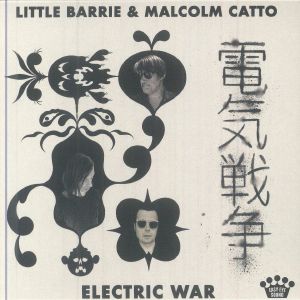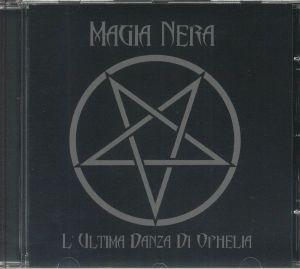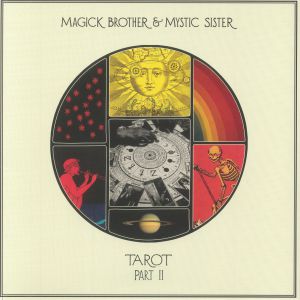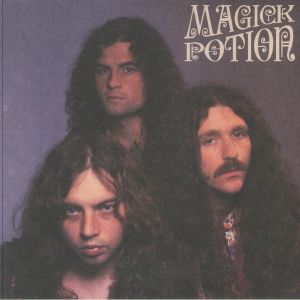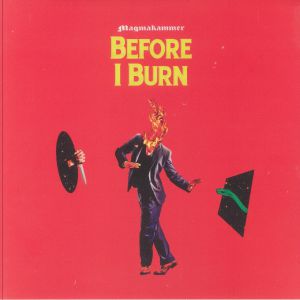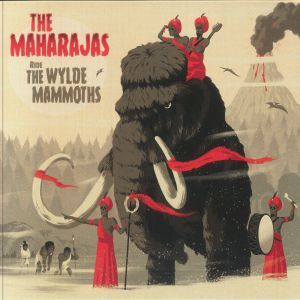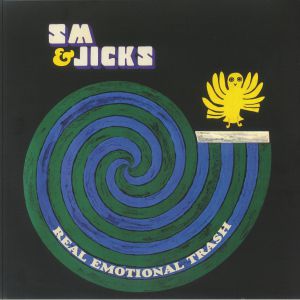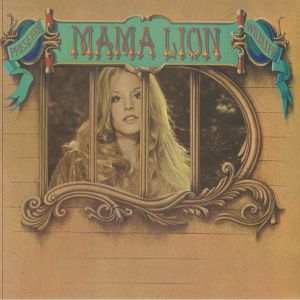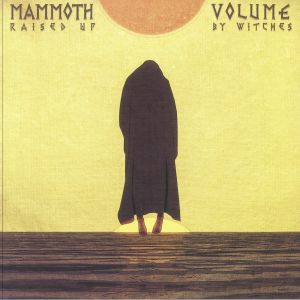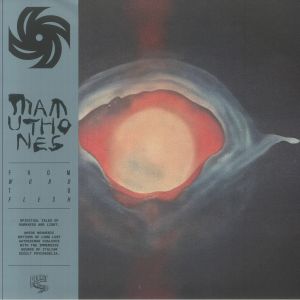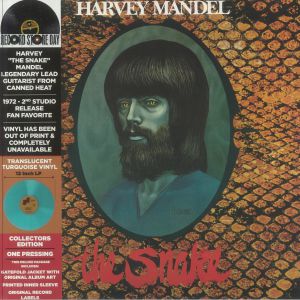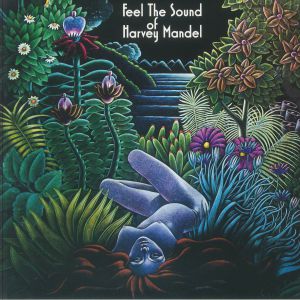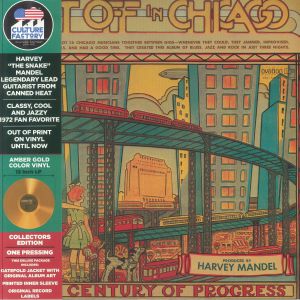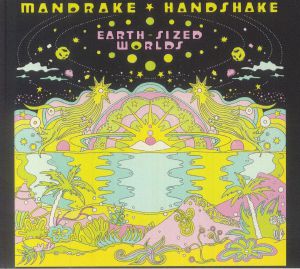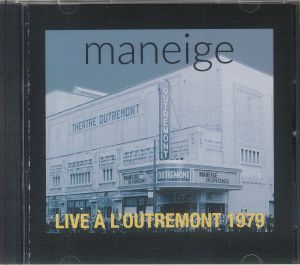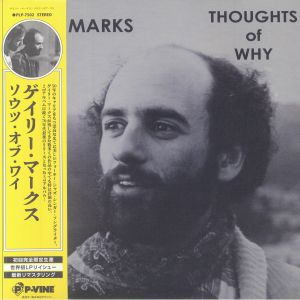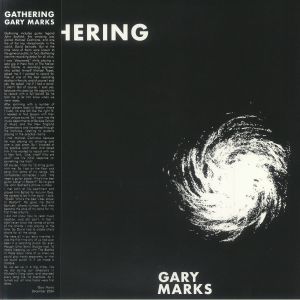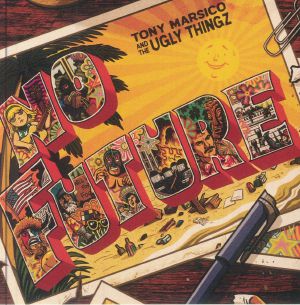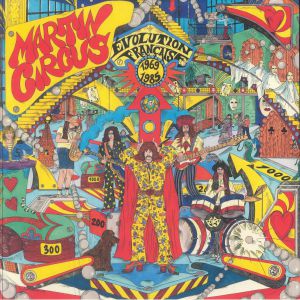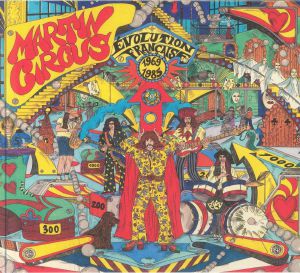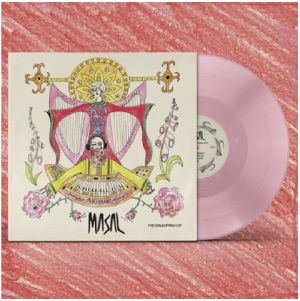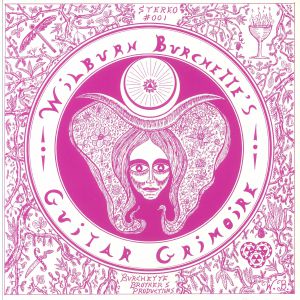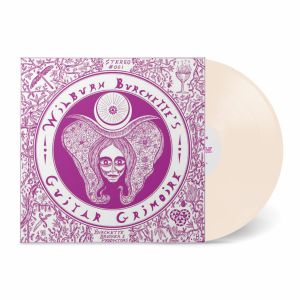Filter
Genre
Stock
Release Date
Artist
Label
Featured
Release Title
Price
Tags
Back catalogue: All genres
Juno's full catalogue of All genres
Singles
Review: A new take on a Jonathan Richman classic from 1977 which has lit up clubs for 45-odd years, especially during the punk era. The track's infectious rhythm has inspired various reggae remixes but now it's getting a fresh cumbia twist. Cumbia and reggae share a common groove, making them a perfect match for DJs to mix and this one was recorded in Lima by Pancho Acosta, founder and guitarist of Company Quinto, who transforms the track into an upbeat cumbia gem. The flip side features Acosta's 'Carnaval de Jujuy' blended with Money Chicha's modern take on Peru's fuzzed-out chicha sound.
… Read moreIntérprete: Juno Recommends International
in stock $13.58
Review: Jonathan Richman's 'Egyptian Reggae' has been setting discerning dancefloors alight since its release in 1977, during the golden era of punk. Known for its infectious rhythm, the track has seen a few reggae remixes over the years. However, it was time for something freshia playful yet respectful cumbia twist. Both genres share a certain groove, making them a perfect match, and it's easy to imagine DJs weaving these sounds together in their sets. This new take on 'Egyptian Reggae' has been recorded in Lima by Pancho Acosta, the founder and guitarist of Company Quinto, and one of Peru's finest cumbia guitarists. Acosta brings his expert touch to the track, transforming it into an upbeat cumbia gem. On the flip side, we're treated to one of Acosta's own originals, 'Carnaval de Jujuy', recorded by Austin-based future cumbia outfit Money Chicha. The song blends Peru's fuzzed-out early chicha sound with Money Chicha's unique, modern interpretation of the genre, delivering a fresh, captivating cumbia vibe.
… Read more in stock $15.80
After Sunrise EP (limited 'jacuzzi' blue vinyl 12")
Cat: LPJBR 246C2. Rel: 27 Jun 24
Psych/Garage Rock
in stock $17.46
Review: 'Beat Me Till I'm Blue' is a wonderfully funky classic by The Mohawks presented under the M Hawk alias, the Hawk in question being none other than KPM Music Library overlord Alan Hawkshaw, who wrote the themes from everything from Grange Hill to Countdown. It was a real cornerstone of the late-1960s library and soul-infused grooves of the sort that diggers still fawn over today, and sample fiends still search out. The track delivers Hawkshaw's distinctively driving Hammond organ riffs, tight drum breaks and irresistible rhythms, all of which have made it a favourite among DJs for decades. Two versions are served up here, one with the iconic horns and one with them stripped away, and both offer plenty of energy. .
… Read moreIntérprete: Voodoocuts
in stock $19.67
in stock $19.39
Cat: 809236 002563. Rel: 01 May 25
Psych/Garage Rock
in stock $14.96
in stock $24.93
in stock $20.51
in stock $13.58
Review: The Mocambo label introduces Turkish artist Peki Momes who began recording music by chance in 2023. Despite no formal music training, she brings a fresh, authentic approach to groove music based largely on intuition. Her first two tracks reflect her versatility and feature here - 'Goc Mevisimi' combines Japanese City Pop with tropical boogie to create a global underground vibe with dirty disco grooves, jazzy flute and Turkish lyrics. 'Ruya' then delivers a gritty psychedelic Anatolian sound with fuzzy guitars and hypnotic energy. Momes is working on a debut album, we hear, and we can't wait.
… Read moreIntérprete: Mukatsuku Records Chart
in stock $13.86
in stock $15.24
in stock $13.02
Review: This is a very special gold vinyl version of the soundtrack for the tokusatsu science fiction superhero television series Spectreman. It ran in the early 70s and had three seasons in all with a cult following who will go nuts to finally have these sounds on wax all these many decades later. It has one Japanese side and one American side and is the work of Ricardo Cruz and Kunio Miyauchi. Instrumentals and the theme song all feature to make this a real retro classic.
… Read more in stock $22.71
in stock $29.91
Álbumes
4321 Morte (Soundtrack) (reissue) (Record Store Day RSD 2025) (limited clear red vinyl LP + insert)
Cat: VMLP 266. Rel: 19 Apr 25
Soundtracks
in stock $32.42
in stock $38.23
Review: Dr. Robert of British 80s pop hitmakers The Blow Monkeys and British folk icon Matt Deighton (Mother Earth, Bill Fay, Paul Weller) have formed a new duo and release their album on the not-for-profit Last Night From Glasgow label. Their respective histories - writing really accomplished pop songs and performing in bands with some of the best artists in the history of rock n' roll - raise expectations, but they absolutely smash them. The title-track is a beautiful marriage of pastoral psych folk and glam rock, where there's melodies to spare and affecting, deeply soulful timbres at every turn.
… Read more in stock $25.77
The Instant Garden (green marbled vinyl LP (indie exclusive))
Cat: LNFG 148G. Rel: 10 Apr 25
Indie/Alternative
Review: If you're unfamiliar with Dr Robert, we recommend checking out The Blow Monkeys. Robert Howard, as he's credited, formed the iconic new wave and 'sophisti-pop' group in 1981 and his piano keys, bass notes, guitar melodies, vocals and words define the band's sizeable back catalogue. Matt Deighton, meanwhile, might mean Mother Earth, Bill Fay, or Paul Weller to some listeners. He's been involved with them all. Here, the esteemed UK musicians run into one another on Last Night From Glasgow, a treasure of a patron-funded, not-for-profit label out of Scotland's biggest city. It couldn't be a more credible and thoughtful combination. Musically, the result packs crazy levels of musicality, taking a lead from pop, soft, folk and psyche rock to produce a sound which moves between soaring to understated grandeur to deceptively complex and overtly intimate.
… Read more in stock $24.93
Sketches Of Brunswick East [Migraine Edition] (limited "migraine" yellow & black ice cloudy vinyl LP)
Cat: ATRD 1665711. Rel: 15 Nov 24
Psych/Garage Rock
in stock $25.48
Review: British outfit Little Barrie - guitarist Barrie Cadogan and bassist Lewis Wharton - team up with Malcolm Catto, known for his experimental edge as producer and drummer with Heliocentrics, on this raw-edged collaboration. Cadogan and Wharton, whose distinctive sound helped define the opening notes of Vince Gilligan's own-right spinoff Better Call Saul, bring their tightly wound energy into Catto's sonically unpredictable world. What emerges is a tense, scorched blend of overdriven guitar stabs, thicketed percussion, and eerie atmospheres that play like a weather report from a collapsing city. Catto's rhythmic instincts create a fractured foundation where Little Barrie's gritty melodies can unravel or coil without warning. Far from polished or predictable, the record thrives on friction and volatility, capturing three musicians testing the limits of structure and sound.
… Read more in stock $15.24
Have You Heard The News? (translucent blue vinyl LP + insert)
Cat: BPR 040SB. Rel: 20 Jun 24
Psych/Garage Rock
in stock $26.04
in stock $20.78
Open The Morning Window, The Sunshine Comes In, The Hope Of Today Is Small Bird Singing (Dog Side) (3:04)
Review: Makoto Kurita aka. Magical Power Mako was a veteran underground avant-garde rock musician from Japan. His self-titled record, now reissued here - it saliently forewent any unique album cover save for the stock Polydor sleeve - raised all kinds of arcane hell, and went on to furtively pave the way for a yet more exploratory avant-garde renaissance in Japan thereon. Beginning with a faux-newscast about the collapse of the social contract amid gridlocked international politics (Kurita waxes British-accented with his introduction, "throughout the city today, there is chaos... hospitals have no ambulances, fire brigades have no fire engines... the country is paralysed"), as China, Russia and America escalate mutually assured tensions to a bitter triangular chess game. A deeply puzzling concept record ensues, fusing songwriterly charm, balladry and psychic rock, of purposeful provocation, and with no obvious resolution in earshot.
… Read more in stock $38.78
Tarot Part II (limited gatefold blue & black galaxy vinyl LP)
Cat: SER 120S1BB. Rel: 30 Dec 24
Psych/Garage Rock
Review: The Magick Brother & Mystic Sister are in fact not a brother-sister duo, but rather a quartet made up of musicians Eva Muntada, Marc Tena, Maya Fernandez and Xavi Sandoval. Active since 2020 and their debut self-titled EP, this light occultic outfit have since built a rep for weaving flying-carpeted tapestries of narration, sonic reverie, and mysticism in album form; their latest record Tarot II is no exception this rule, coming as the second to name itself after the card-reading divination practice common to the Western esoteric world and beyond. Out from an opening, what sounds to be hammered dulcimered prog progression ('Strength') and moving through to a further ten tracks each named after tarot cards (save for the 'Unnamed Arcane', an apocryphal confabulation of the band - have they drawn a hand we haven't?), this is a record of supreme mystique, and one for the witches and warlocks in our ranks.
… Read more in stock $47.65
in stock $17.46
in stock $34.35
Before I Burn (limited gatefold translucent yellow & red splattered vinyl LP)
Cat: ARTIFAC 177. Rel: 03 Oct 24
Psych/Garage Rock
in stock $36.29
in stock $26.88
in stock $24.93
Real Emotional Trash (gatefold 180 gram vinyl 2xLP (side 4 etched) + MP3 download code)
Cat: WIGLP 215. Rel: 27 Jun 24
Indie/Alternative
in stock $29.91
Preserve Wildlife (remastered) (gatefold LP + insert + MP3 download code in die-cut sleeve)
Cat: OSR 103. Rel: 11 Dec 24
Psych/Garage Rock
in stock $28.54
Raised Up By Witches (limited bue & orange galaxy haze vinyl LP + MP3 download code)
Cat: BFR 035LP. Rel: 04 Sep 24
Progressive Rock
in stock $26.32
From Word To Flesh (limited hand-numbered LP + MP3 download code with obi-strip (indie exclusive))
Cat: LAUNCH 388. Rel: 17 Apr 25
Psych/Garage Rock
in stock $23.26
Carrot On Strings (limited translucent orange vinyl LP + insert)
Cat: SP 1550X. Rel: 06 Jun 24
Indie/Alternative
in stock $24.11
ROYGBIV: Recordings From The BBC (coloured vinyl 7x7" + 7" box set + 1-sided flexi-disc + sticker)
Cat: CHK 7100. Rel: 12 Sep 24
Psych/Garage Rock
Transmissions From Uranus (Peel Session 1993)
Invasion Of The Dragonmen
Nitrous Burnout
Shockwave (radio Scotland 1994)
Mouthful Of Exhaust
Sadie Hawkins Atom Bomb
Theme To Munsters
Gargantua's Last Stand (Radcliffe Session 1994)
Name Of Numbers
Special Agent Conrad Uno
Time Bomb
Sferic Waves (Peel Session 1995)
Classified
Put Your Finger In The Socket
Inside The Head Of Mr John Peel
Inside The Atom (Radcliffe Session 1996)
24 Hours
Maximum Radiation Level
U-Uranus
The Man Made Of CO2 (Peel Session 1996)
9-Volt
Television Fission
Welcome To The Wicky Wacky World Of John Peel
Lo Batt (Peel Session 1997)
The Miracle Of Genuine Pyrex
Jonathan Winters Frankenstein
With Automatic Shut Off
Rovers (Interstellar Debris)
Transmissions From Venus
Excerpt 1 (Birdstuff Reading Excerpts Of "A Scanner Darkly" By Phillip K Dick On The BBC 1995) (1:29)
in stock $118.56
The Snake (Record Store Day RSD 2025) (gatefold translucent turquoise vinyl LP with obi-strip)
Cat: 819514 012801. Rel: 19 Apr 25
Blues
in stock $31.02
Feel The Sound (reissue) (Record Store Day Black Friday RSD 2024) ('sunburst' blue in purple vinyl LP)
Cat: 741869 396919. Rel: 02 Dec 24
Psych/Garage Rock
in stock $32.42
Get Off In Chicago (reissue) (limited gatefold translucent gold vinyl LP with obi-strip)
Cat: CULF 12711. Rel: 10 Feb 25
Blues
in stock $29.10
in stock $13.58
Cat: MPM 43. Rel: 03 Sep 24
Progressive Rock
in stock $14.96
in stock $24.11
in stock $27.43
Review: If you were indeed wondering why, well, Gary Marks doesn't claim to have the answers. Amid an honorary reissue campaign of this under-storied musician's early LPs by P-Vine (after he moved on to become a published fiction and non-fiction writer), Marks' third record from 1978 stands out among this folky jazz singer's best. After his debut record Gathering and then the sophomore Upon Aonda's Wing, this ponderous yet sprightly record follows Marks' relocation to the West Coast of the USA in 1976, after which he began working with Art Rande and Oregon member Paul McCandles. Considered his masterpiece by many, this hidden avant-garde folk jazz diamond contains stirring narratives, cathartic piano ballads, and hum-along heart-pinchers, weaving twin threads of personal disclosure and mystery Americana.
… Read more in stock $36.01
Review: The exquisite 1974 debut album by American pianist, guitarist, producer and songwriter Gary Marks hears a deserving reissue through Lantern Heights. Now a published fiction and non-fiction author, Marks' early musical career ended all to shortly, and was Marked sonically by sweetened contemporary jazz and folk arrangements, heard best on this homeward but still subtly cosmic opening statement of an LP. The open-ended, pathetic-fallacious 'Sherry's Song' is our twinging piece de resistance, with Marks serenading a young flame as the object of his gushing folksy affections, while the immediate follower 'Gathering' indulges a completely "other" set of progged-out emotions. 'We Free' unites the two through a bossa nova downturn, and 'A Gina Theme' isolates the vibraphone in a kind of giant sonic glasshouse, serving as one of several interludes that steadfastly beautify the record.
… Read more in stock $30.76
in stock $16.90
Cat: BB 170LP. Rel: 13 Feb 25
Disco/Reediciones
Pourquoi Tu M'laches Pas?
Review: Known as much for their outlandish costumes as their constant musical evolution, Martin Circus were one of France's most intriguing bands of the 1970s and 80s. Originally formed in 1969 as a psychedelics-inspired progressive rock combo, they later successfully turned their hand to wonderfully camp, over-the-top disco and synth-sporting new wave. Evolution Francaise 1969-1985 does a brilliant job of charting that remarkable musical evolution, dashing between tail end of the 60s prog sounds ('Tout Tremblant De Fievre', 'Facon de Parler'), early Black Sabbath-esque heavy rock ('Annie, Christine ou Partricia'), gritty, Rolling Stones style rhythm and blues ('A Bas Tous Le Privileges'), psychedelic disco-rock ('Les Indiens Du Demier Matin'), Cerrone-ish throb-jobs ('Mon Premier Hold Up', Francois K re-editing 'Disco Circus') and synth-pop ('J'tai Vu Dans Le Canoe?').
… Read more in stock $26.58
Cat: BB 170CD. Rel: 11 Feb 25
Disco/Reediciones
Review: Has any band undergone such a radical musical evolution as Martin Circus? The French band, formed in 1969, initially explored psychedelia, heavy rhythm and blues and formative progressive rock, before pivoting to Cerrone style disco, new wave and eventually, synth-pop. Evolution Francaise 1969-85 does a great job in charting this sonic journey on one action-packed compilation, chronologically serving up such heady musical highs as 'Annie, Christine ou Partricia' (a heavy rock-meets-The Rolling Stones workout), 'Les Indiens De Demier Matin' (psychedelic disco-rock), 'Mon Premier Hold Up' (their most Cerrone-esque number), 'Disco Circus' (their most famous cut, here re-edited by Francous Kevorkian) and 'J'Tai Vu Dans Le Canoe?' (quirky synth-pop).
… Read more in stock $15.80
The Galloping Cat (pink vinyl LP limited to 250 copies + MP3 download code)
Cat: UIHR 024. Rel: 28 May 24
Post Rock/Experimental
in stock $27.15
in stock $32.13
in stock $24.97

 USD
USD






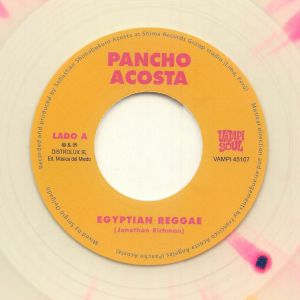

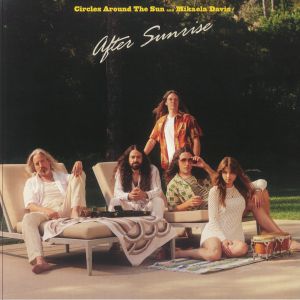
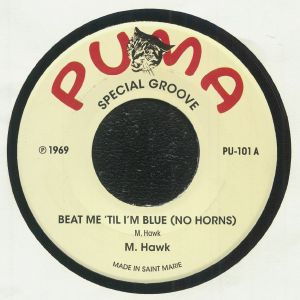
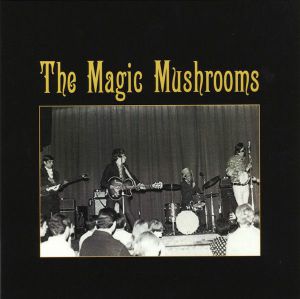

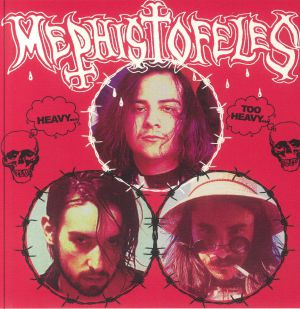
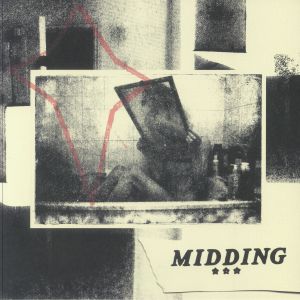
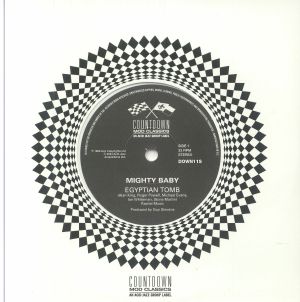
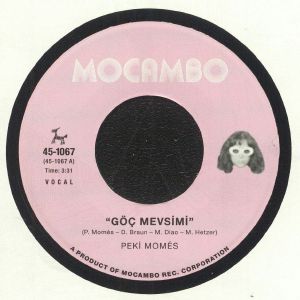
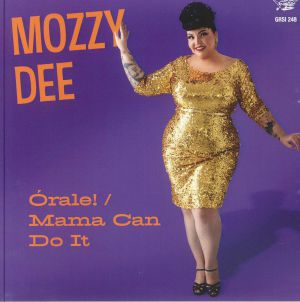
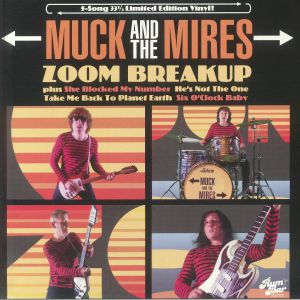
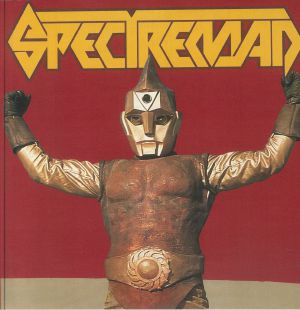
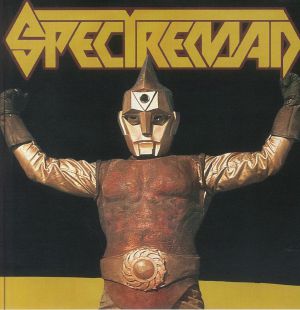
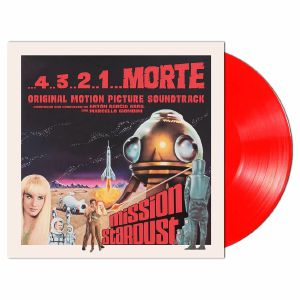
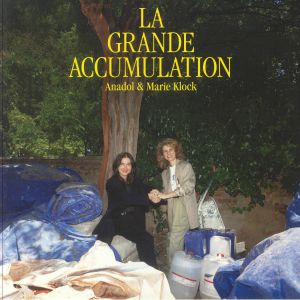
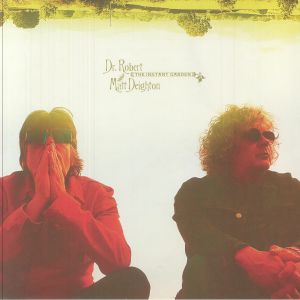
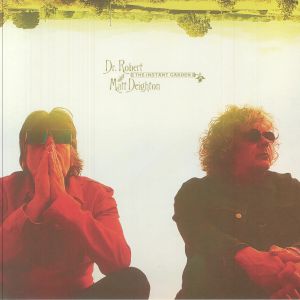
![Sketches Of Brunswick East [Migraine Edition]](https://imagescdn.juno.co.uk/300/CS1053612-01A-MED.jpg)
